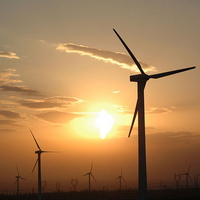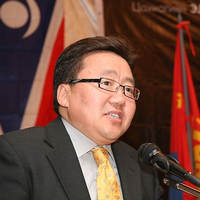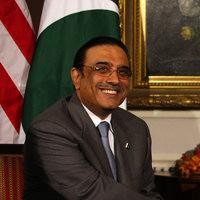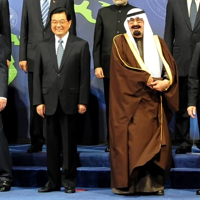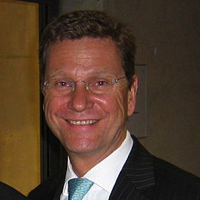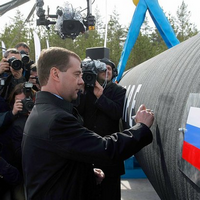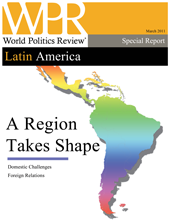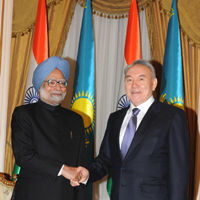
Indian Prime Minister Manmohan Singh’s April 15-16 visit to Kazakhstan marked an important step forward in India’s ties with the rising Central Asian nation. Relations between the two countries have gained momentum since January 2009, when Kazakh President Nursultan Nazarbayev was the chief guest at India’s Republic Day celebrations. India and Kazakhstan established diplomatic relations in February 1992, with then-Indian Prime Minister Narasimha Rao paying a visit to Kazakhstan in 1993. Prior to his 2009 visit, Nazarbayev had visited India in 1996 and 2002. In a positive development, Singh and Nazarbayev signed a “Joint Action Plan” on furthering the strategic […]

